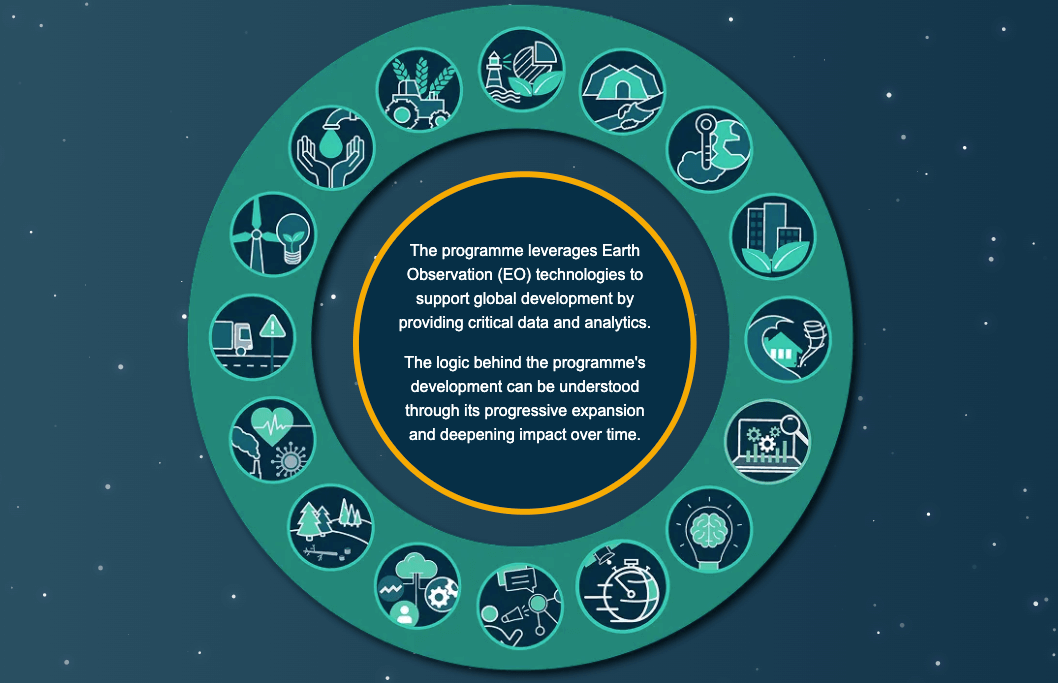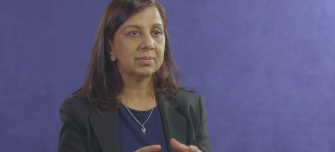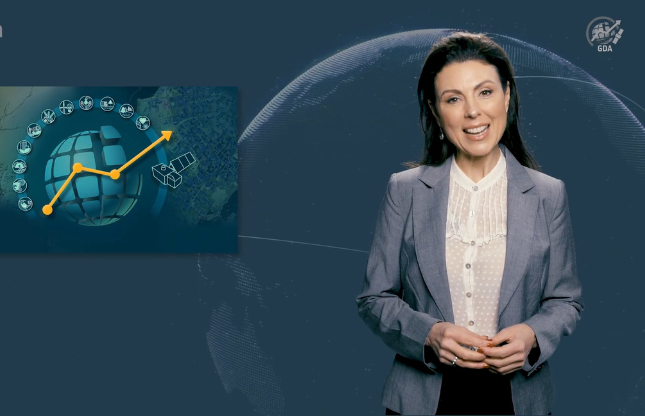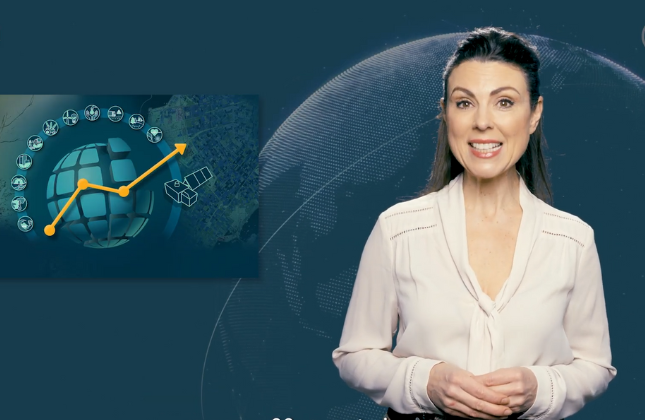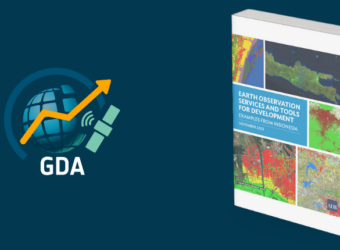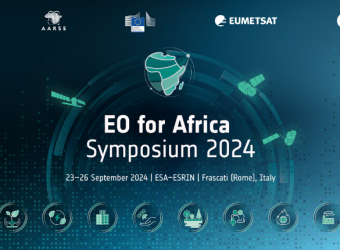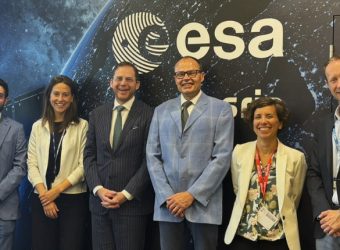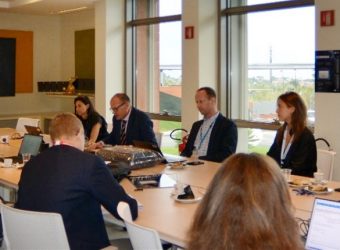ESA’s Global Development Assistance (GDA) programme recently participated in the “Bridging the Gap: Satellite Data and Models for Local Impact” online workshop organised by the University of Coimbra and its Earth Observation Laboratory in collaboration with UT Austin Portugal. During the event, Alex Chunet, the ESA representative to the World Bank, delivered a presentation highlighting the importance of mainstreaming, uptake, and adoption of satellite data.

An example highlighted in the presentation of Alex was the close collaboration and complementarity between the ESA GDA programme and the technical expertise of the World Bank’s Digital Earth Partnership (DEP) team. Through this collaboration, the technical support for the development of EO tools and services provided through the GDA programme is complemented by the expertise of the DEP in the implementation of innovative capacity building and skills transfer activities. Therefore, the interaction between the GDA programme and the DEP team showcases the synergy between EO technologies and development initiatives. It offers concrete examples of EO applications across diverse sectors and reinforces the commitment of the ESA GDA programme and its partners to foster global development through strategic collaboration and the utilisation of advanced EO tools. This coordinated approach promotes the mainstreaming and enhances the uptake and adoption of satellite data and technologies for sustainable development. By bringing together technical support and expertise, the partnership between ESA and International Financial Institutions, such as the World Bank and the Asian Development Bank, ensures a comprehensive and effective implementation of EO technologies.
Furthermore, the “Bridging the Gap: Satellite Data and Models for Local Impact” workshop was an occasion to connect with a broader community of stakeholders as the event provided a platform for experts from government agencies, academia, and industry to share guidance on datasets, methodologies, and the pivotal role of global science in fostering stronger international connections. Discussions also centred around the opportunities and challenges presented by satellite data in real-world applications. The workshop featured a range of topics, including precipitation measurements from space for hydrological applications, ecosystem management, security, and urban planning. Practical skills were also highlighted, with live demonstrations of cloud computing platforms to equip participants with hands-on experiences.
ESA’s participation and Alex Chunet’s contribution concerning the GDA programme underscored the importance of a coordinated and complementary approach that bridges the gap between satellite data development and adoption for global development assistance.
For more information about the workshop, please visit the website.



